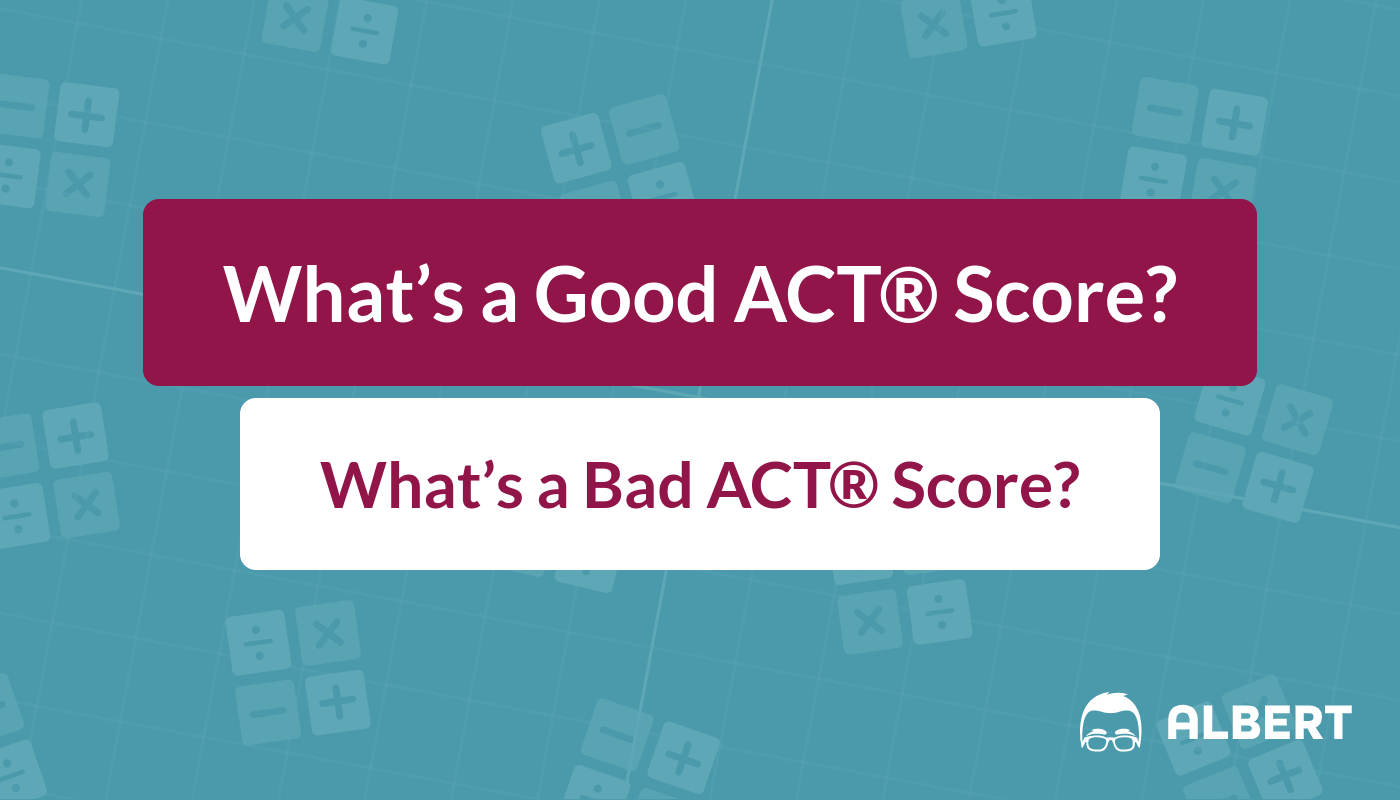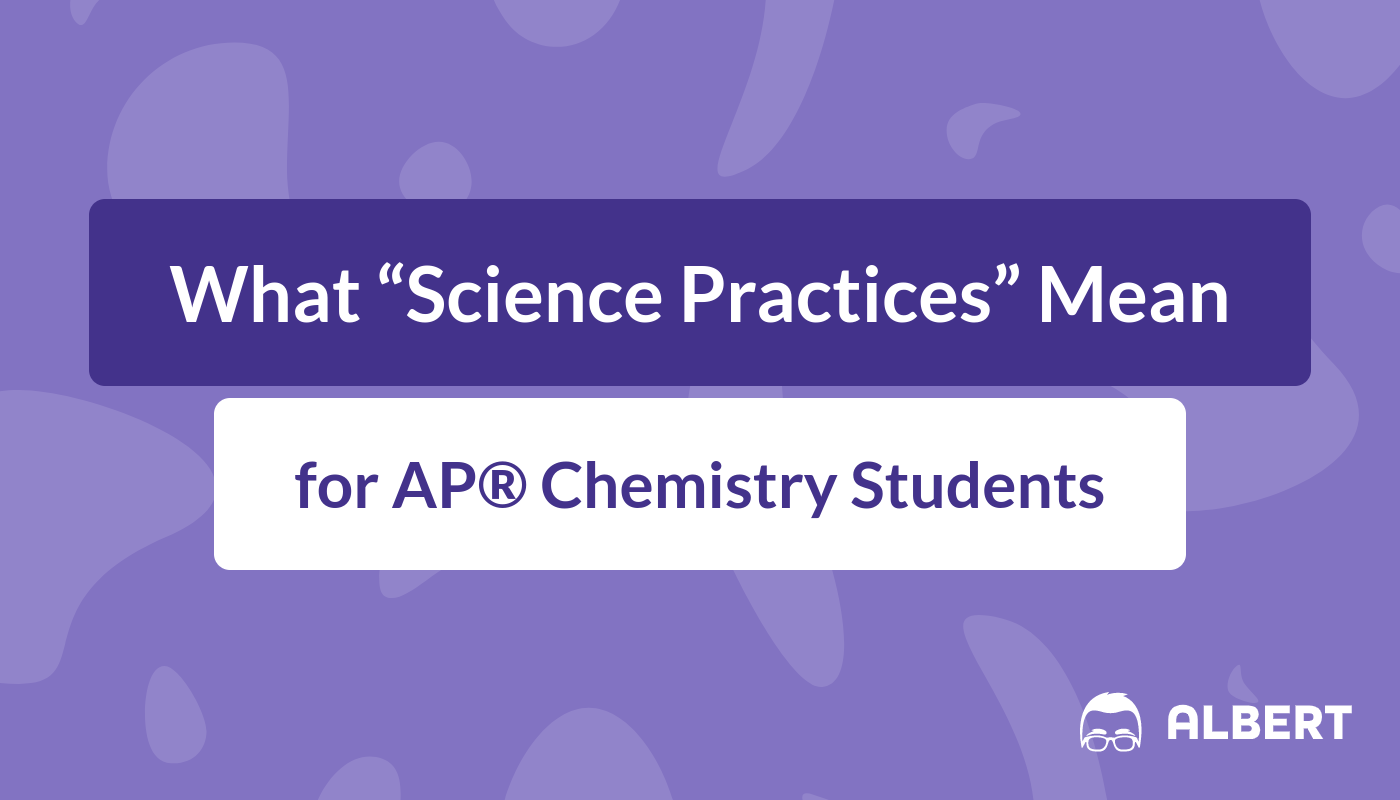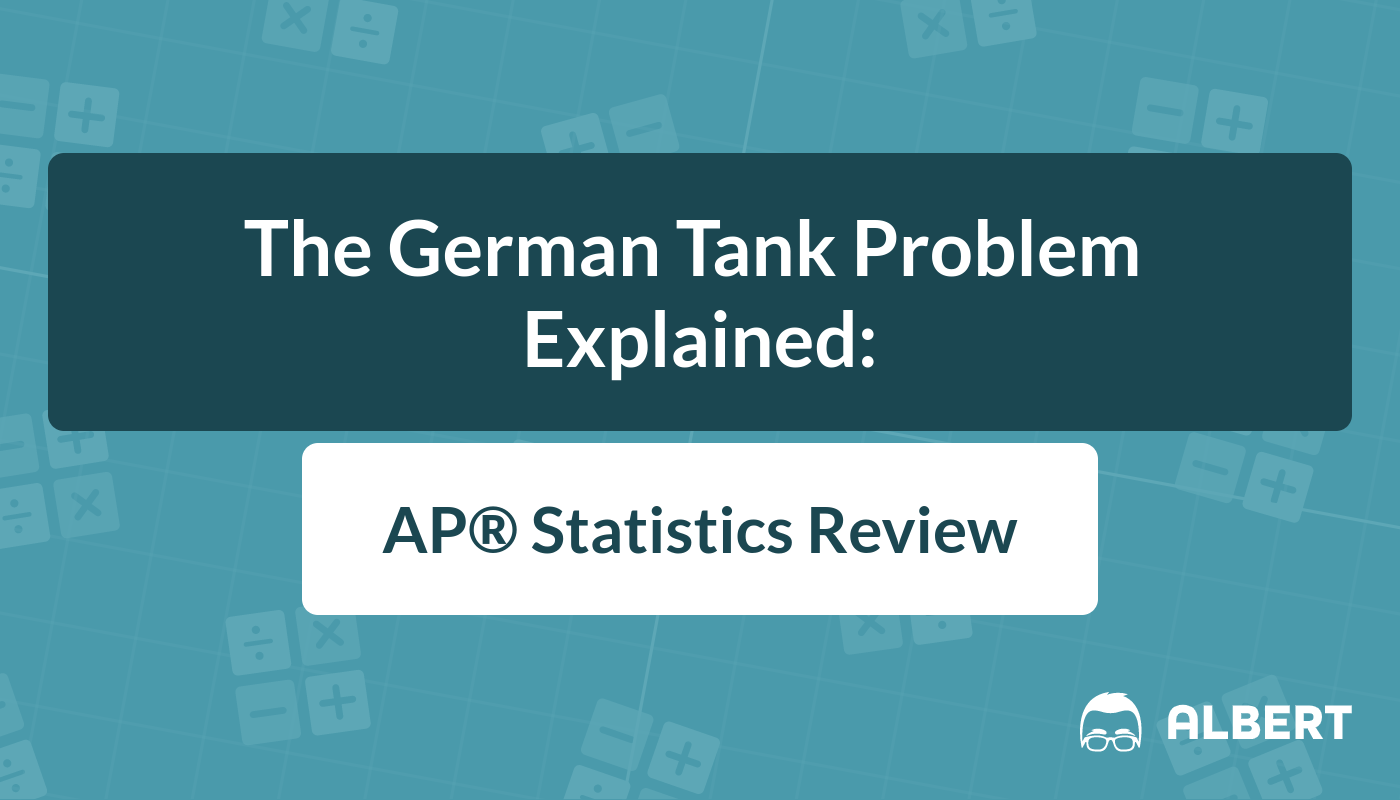When Should I Start Studying for the APs? Your Guide
Are you looking for an AP® study plan? You’ve come to the right place! Studying for AP® classes can be stressful or overwhelming – but it definitely doesn’t have to be, especially when you have the right tools. This article will run you through the importance of AP® classes (something that you might need to remind yourself of during an otherwise crazy time), how to get started on the path to the score you need, a month by month AP® study plan, and finally, we’ll examine different schools are their requirements for AP® testing.
See anything you think will be helpful? Then read on!





